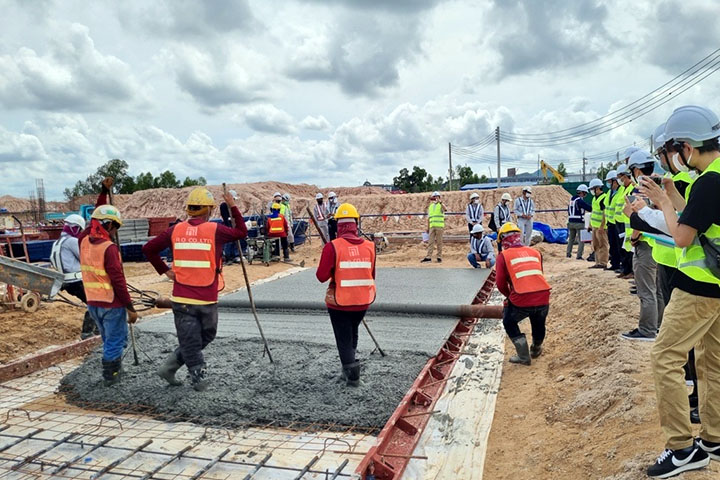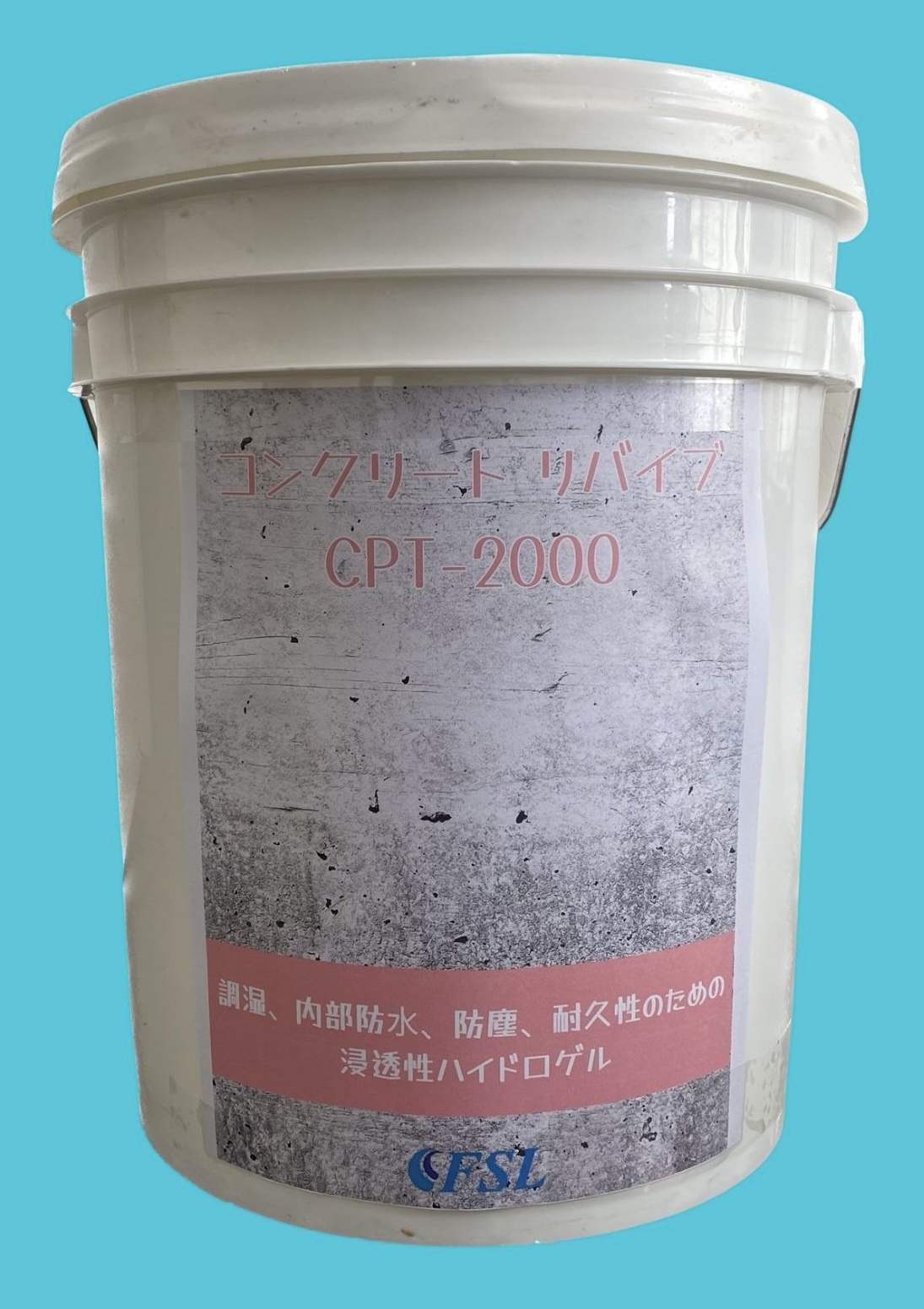スマートインフラを実現する自己感知型メタマテリアルコンクリートを新規開発 New Research Develops Self-Sensing Metamaterial Concrete for Smart Infrastructure Systems
2023-03-20 ピッツバーグ大学
この研究では、エネルギー収集とセンシング機能を統合した軽量で機械的に調整可能なコンクリートシステムを紹介している。この新しいコンクリートシステムは、衝撃を吸収する材料や地震を監視する材料としての利用が期待されている。また、自己駆動型車両の走行支援などの応用も可能性がある。
<関連情報>
- https://news.engineering.pitt.edu/cracking-the-concrete-code/
- https://onlinelibrary.wiley.com/doi/abs/10.1002/adma.202211027
スマート社会基盤のための多機能ナノジェネレータ内蔵メタマテリアルコンクリートシステム Multifunctional Nanogenerator-Integrated Metamaterial Concrete Systems for Smart Civil Infrastructure
Kaveh Barri, Qianyun Zhang, Jake Kline, Wenyun Lu, Jianzhe Luo, Zhe Sun, Brandon E. Taylor, Steven G. Sachs, Lev Khazanovich, Zhong Lin Wang, Amir H. Alavi
Advanced Materials Published: 04 February 2023
DOI:https://doi.org/10.1002/adma.202211027
Abstract
Creating multifunctional concrete materials with advanced functionalities and mechanical tunability is a critical step toward reimagining the traditional civil infrastructure systems. Here, the concept of nanogenerator-integrated mechanical metamaterial concrete is presented to design lightweight and mechanically tunable concrete systems with energy harvesting and sensing functionalities. The proposed metamaterial concrete systems are created via integrating the mechanical metamaterial and nano-energy-harvesting paradigms. These advanced materials are composed of reinforcement auxetic polymer lattices with snap-through buckling behavior fully embedded inside a conductive cement matrix. We rationally design their composite structures to induce contact-electrification between the layers under mechanical excitations/triggering. The conductive cement enhanced with graphite powder serves as the electrode in the proposed systems, while providing the desired mechanical performance. Experimental studies are conducted to investigate the mechanical and electrical properties of the designed prototypes. The metamaterial concrete systems are tuned to achieve up to 15% compressibility under cycling loading. The power output of the nanogenerator-integrated metamaterial concrete prototypes reaches 330 µW. Furthermore, the self-powered sensing functionality of the nanogenerator concrete systems for distributed health monitoring of large-scale concrete structures is demonstrated. The metamaterial concrete paradigm can possibly enable the design of smart civil infrastructure systems with a broad range of advanced functionalities.




